
10 Weird Winter Pest Control Tricks That Actually Work
Winter might seem like the season when pests disappear — after all, the cold should send them packing. But the truth is, many insects and rodents head indoors when temperatures drop, turning your cozy home into their winter getaway.
So how do you keep these uninvited guests out without resorting to harsh chemicals or expensive exterminators?
Here are 10 surprisingly effective (and slightly strange) tricks to keep your space pest-free all winter long.
1. Peppermint Oil: A Fresh-Smelling Repellent
Peppermint oil’s strong aroma overwhelms pests’ sensitive noses, keeping mice and bugs far away.
Mix 10–15 drops of peppermint oil with 1 cup of water, spray around windows, doors, and cracks, and refresh weekly.
You can also soak cotton balls with the oil and leave them in cabinets, under sinks, or behind appliances — they’ll deter pests and leave your home smelling fresh.
2. Bay Leaves: Small Leaves, Big Impact
Bay leaves release natural compounds that repel ants, weevils, and moths. Scatter a few on the soil of potted plants or in your pantry.
Replace them every few months to keep their scent strong. Bonus: they give your kitchen a subtle herbal aroma.
3. Dryer Sheets Near Plants
Dryer sheets can repel gnats and mosquitoes thanks to their strong fragrance. Hang them near windows, doors, or houseplants where pests tend to gather.
Replace every couple of weeks when the scent fades. It’s cheap, easy, and surprisingly effective.
4. Garlic: Nature’s Built-in Bug Shield
Garlic isn’t just for cooking — it’s a natural pest deterrent.
Plant garlic cloves around your garden or in pots indoors. The scent keeps away aphids, snails, and even rabbits.
You can also make a garlic spray: crush a few cloves, soak them in water overnight, and spray the liquid on plants to keep bugs at bay.
5. Cinnamon: Ants Hate It
Cinnamon powder disrupts ants’ scent trails, making it harder for them to find their way. Sprinkle ground cinnamon along windowsills, doorways, or cracks.
You can also mix a few drops of cinnamon oil with water for a stronger spray. It smells amazing and keeps bugs out — a win-win.
6. Diatomaceous Earth: The Natural Insect Killer
This fine powder, made from fossilized algae, is deadly to insects but safe for humans and pets (as long as you use food-grade DE).
Dust it lightly along baseboards, under appliances, and in corners where bugs travel. It dehydrates pests like cockroaches and fleas on contact.
Reapply after vacuuming to keep it effective.
7. Vinegar Spray: The All-Purpose Repellent
Mix equal parts water and white vinegar, add a few drops of dish soap, and spray around windows, doors, and any entry points.
The smell disappears quickly, but the acidity keeps ants, spiders, and small insects away for days.
8. Other Essential Oils That Work
Peppermint isn’t the only option. Try lavender, eucalyptus, or tea tree oil — they all repel bugs and smell great.
Add 10–15 drops to water in a spray bottle, shake, and use around your home. You can also soak cotton balls and place them in drawers or closets for long-lasting protection.
9. Coffee Grounds: Double Duty for Plants and Pests
Used coffee grounds can deter ants, snails, and slugs while enriching your soil.
Sprinkle them around plants or put small dishes of grounds near entryways.
They’re natural, eco-friendly, and make use of something you’d normally throw away.
10. Soap and Water: The Simplest Solution
A few drops of dish soap in a quart of water can kill soft-bodied insects like aphids and spider mites.
Spray directly on leaves (both sides) and repeat every few days.
It’s safe for most plants and effective indoors or out.
Bonus Tip: Invite Nature’s Pest Police
Encourage natural predators — like ladybugs and spiders — by planting a variety of flowers and avoiding harsh pesticides.
A balanced garden ecosystem keeps pest populations under control naturally.
🌿 Final Thoughts
You don’t need to reach for toxic sprays to keep your home pest-free.
With these ten simple and eco-friendly tricks — from peppermint oil to coffee grounds — you can make your space cozy for you, not for pests.
News in the same category

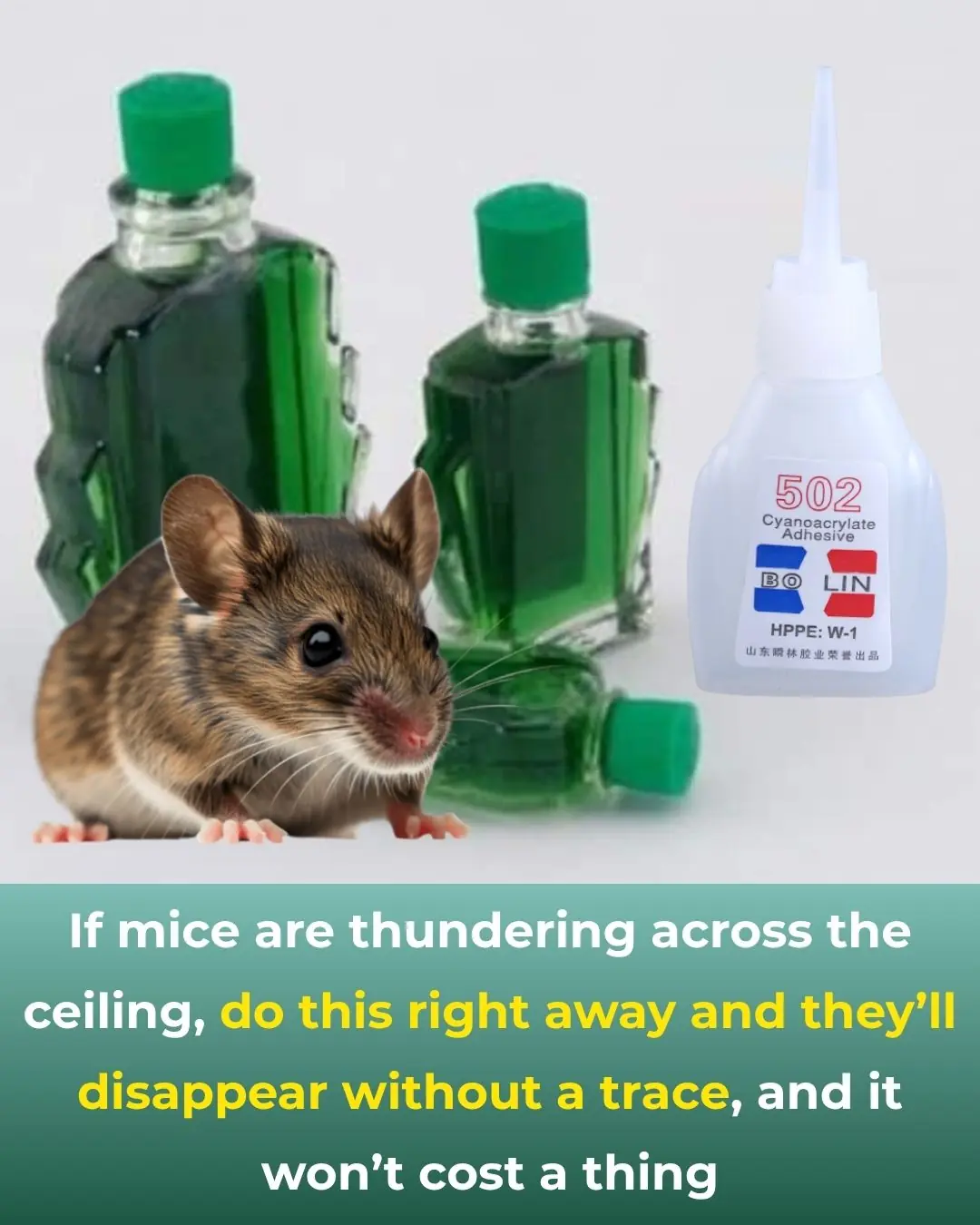
Rats Running on the Ceiling? Try These Simple Tricks to Get Rid of Them for Good

How Long Can You Keep Frozen Meat? Here’s the Answer

Drink Coffee at These Four “Golden” Times of Day for Maximum Benefit: Your Liver, Digestion and Whole-Body Health Get a Boost

Kim Kardashian reveals how North reacted to backlash over fake tattoos and piercings

Danniella Westbrook declares she’s ‘taking it one day at a time’ after hospitalisation

15 stars we want to see on the Celebrity Traitors season 2 cast – Alison Hammond to Davina McCall

Inside Meghan Markle’s first acting gig since ‘Suits’ as she makes stunning return to Hollywood

A-list actor is nearly unrecognizable after shocking transformation for Michael Jackson biopic

ITV Emmerdale fans gush over 'handsome' Bear actor 26 years before soap fame

ITV Big Brother housemates suffer brutal blow just hours before live double eviction

Selling Sunset's Nicole addresses brutal Chrishell jab in tense season 9 reunion

Because what Gideon didn’t realize was…

Everyone has made this mistake. What is the normal bl00d pressure for each age?

‘Forgot to Smooth Out His Hands’: Karoline Leavitt’s Family Photo Sparks Suspicion — Fans Say Her Husband’s Face Looks One Age and His Hand Looks Another
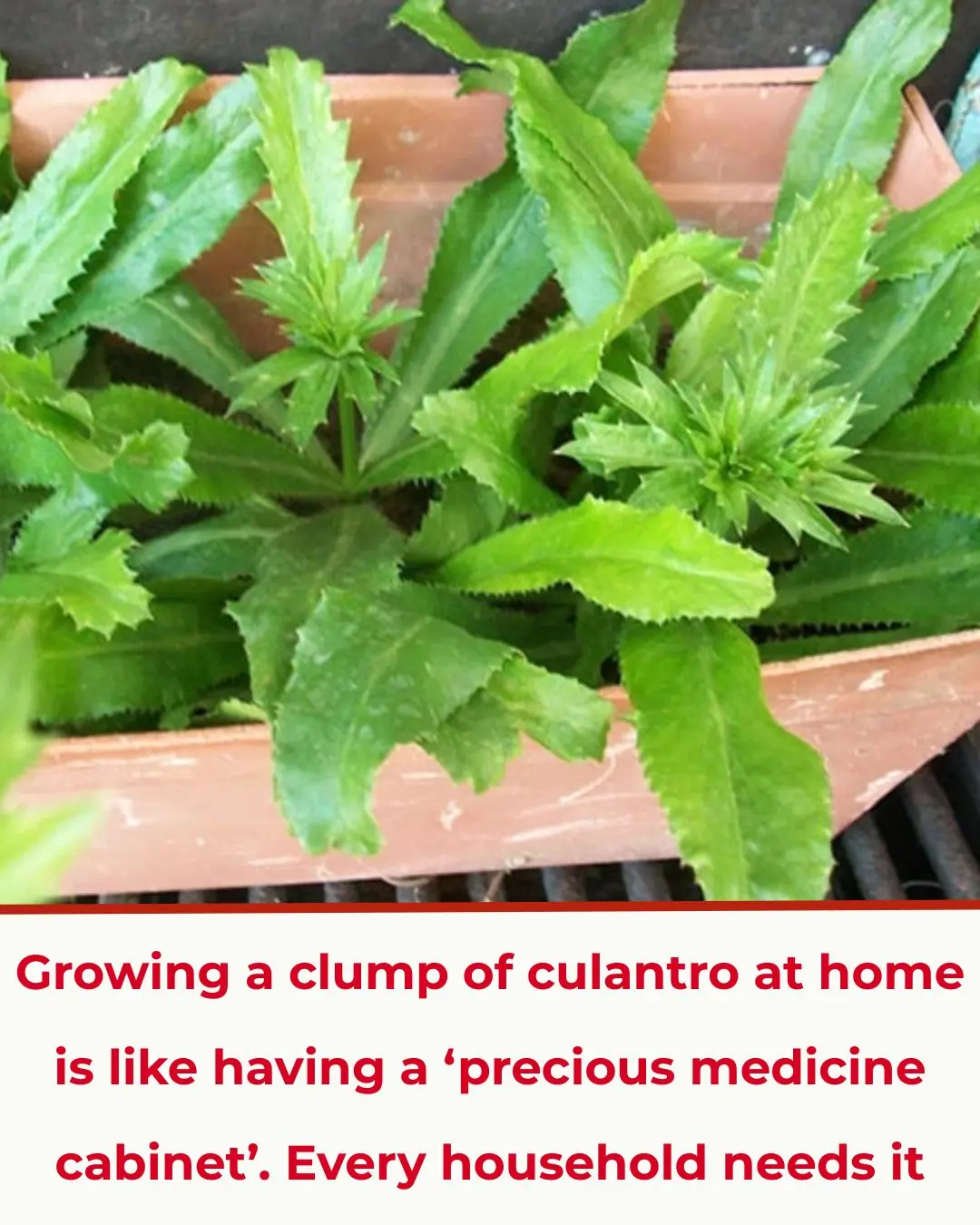
You’re Doing It All Wrong: Here’s the Right Time to Pick Tomatoes

7 Health Problems That Can Arise If You’re Lazy About Drinking Water

10 Foods Cancer Cells “Love” – and Why Eating Them Daily Could Be Risky

Is Eating Spicy Food Every Day Good for You? Surprising Effects of Chili on the Heart, Blood Pressure, and Longevity
News Post

A Quick & Effective Skincare Routine for Your Hands
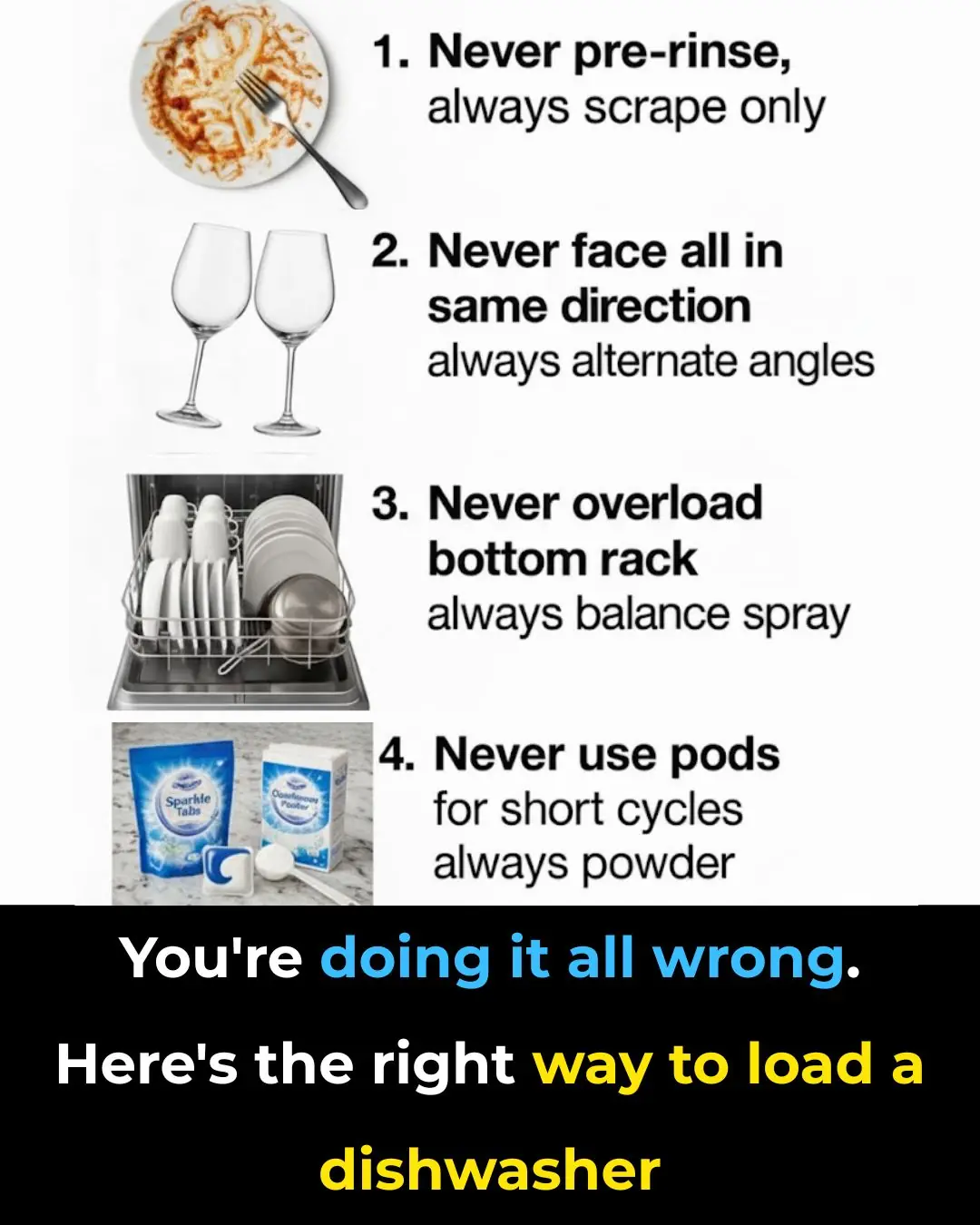
You’re doing it all wrong. Here’s the right way to load a dishwasher

Don’t Buy Tomatoes Anymore – Grow Them at Home, Plants Grow “Fast as Lightning” with Bountiful Fruits

My nana taught me this hack to get rid of dark circles in 5 mins with 0 work. Here’s how it works

How to Keep Ripe Bananas Fresh Without Turning Them Brown

YOUR FEET ARE A 'BLOOD SUGAR METER' BEWARE OF DIABETES IF YOU FREQUENTLY EXPERIENCE THESE 12 SYMPTOMS
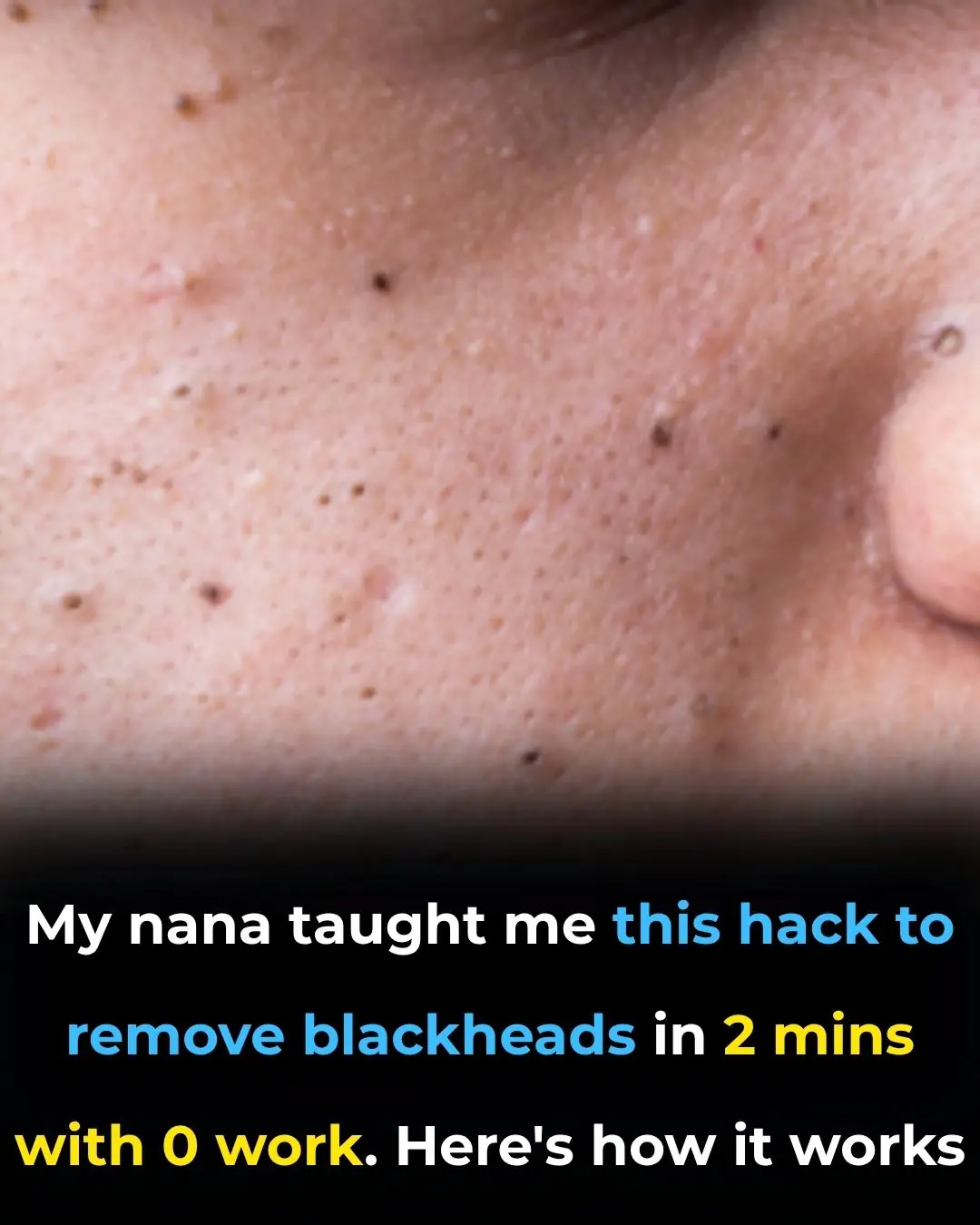
My nana taught me this hack to remove blackheads in 2 mins with 0 work. Here’s how it works

7 Affordable Fruits That Are Surprisingly Good for Fatty Liver – Everyone Should Know

Put Two Glasses on the Door Handle — A Small Action That Brings Big Safety Benefits

Rats Running on the Ceiling? Try These Simple Tricks to Get Rid of Them for Good

How Long Can You Keep Frozen Meat? Here’s the Answer

Drink Coffee at These Four “Golden” Times of Day for Maximum Benefit: Your Liver, Digestion and Whole-Body Health Get a Boost

If you drink lemon water every morning, this is what happens to your body

Stop wasting money on these 10 things
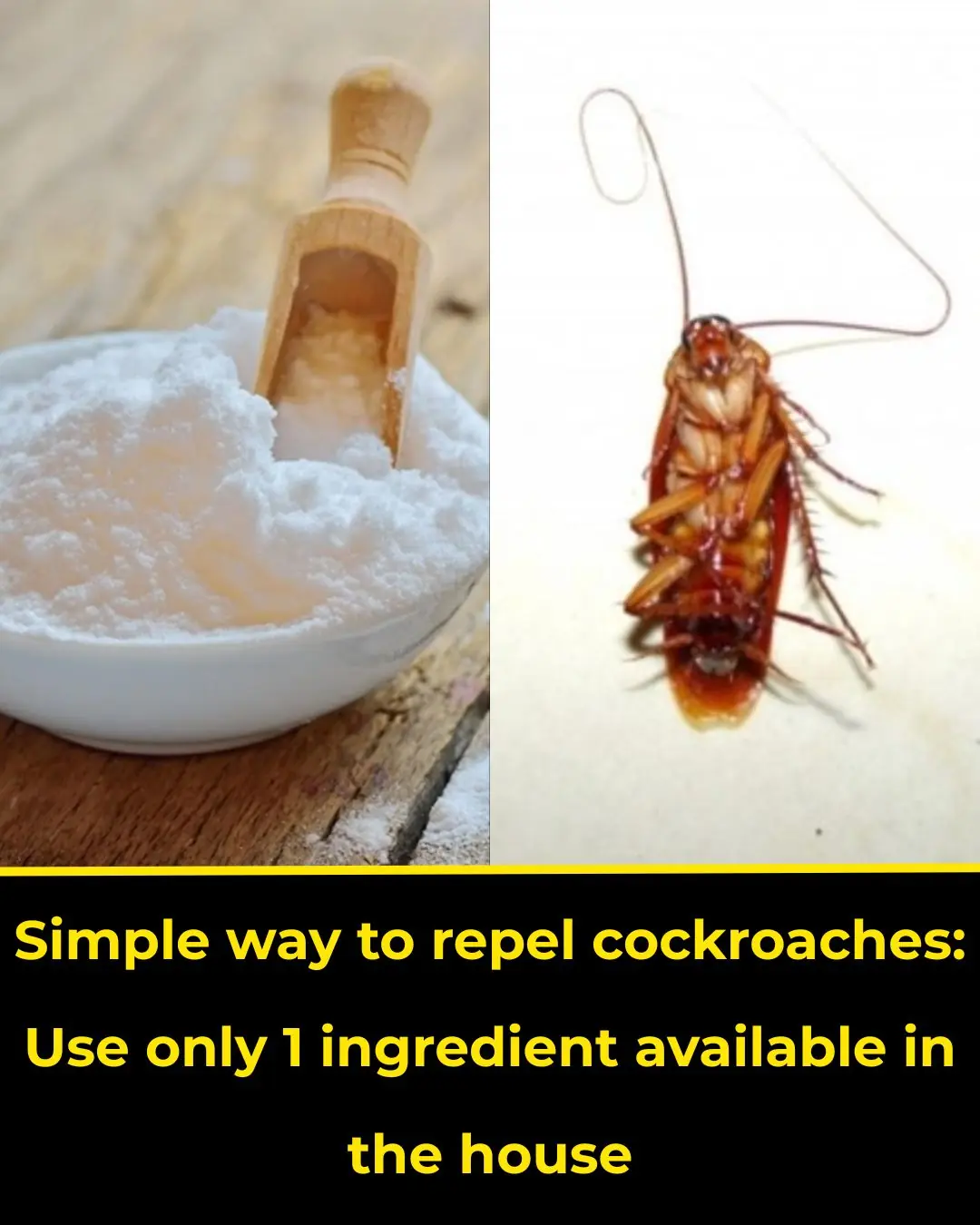
Simple way to repel cockroaches

Washing Machine Full of Dirt and Bacteria? Pour One Bowl of This Inside — It’ll Be Spotless and Fresh Like New!

Stop cooking these 10 things in the microwave
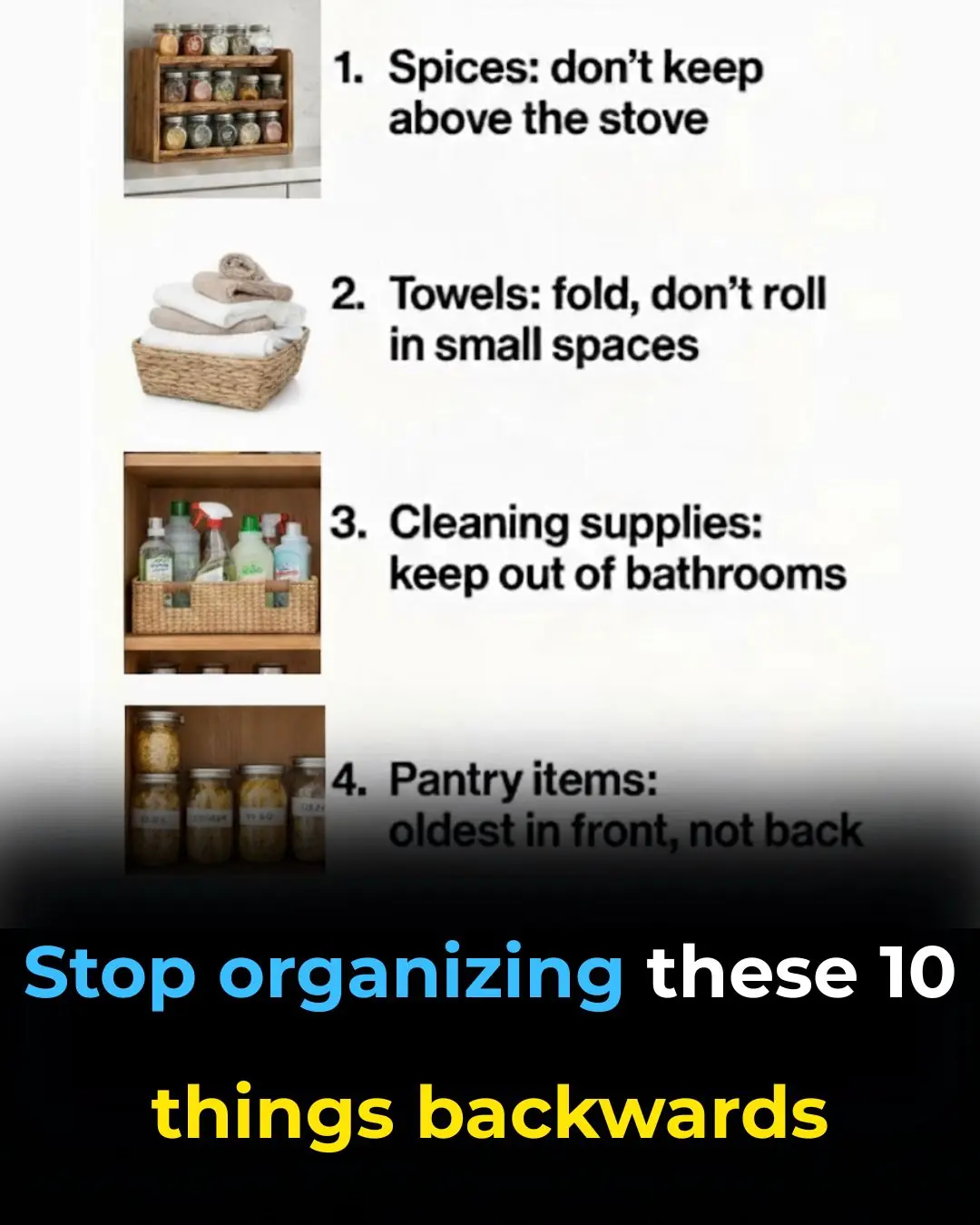
Stop organizing these 10 things backwards
